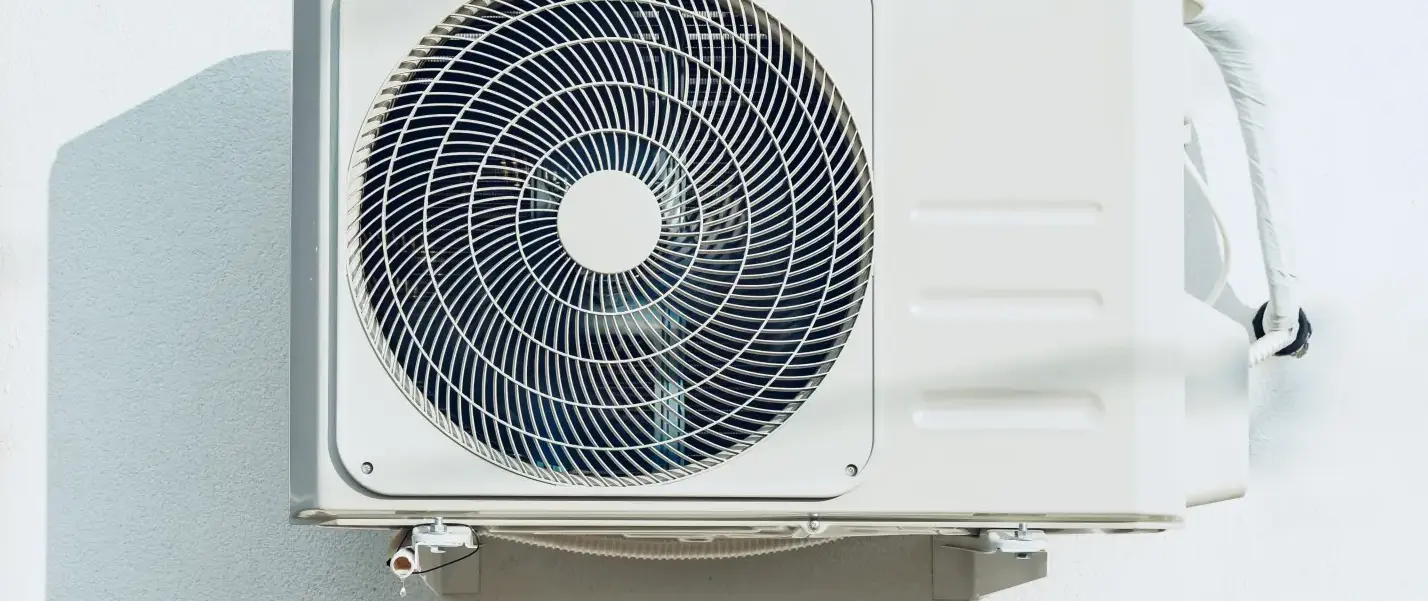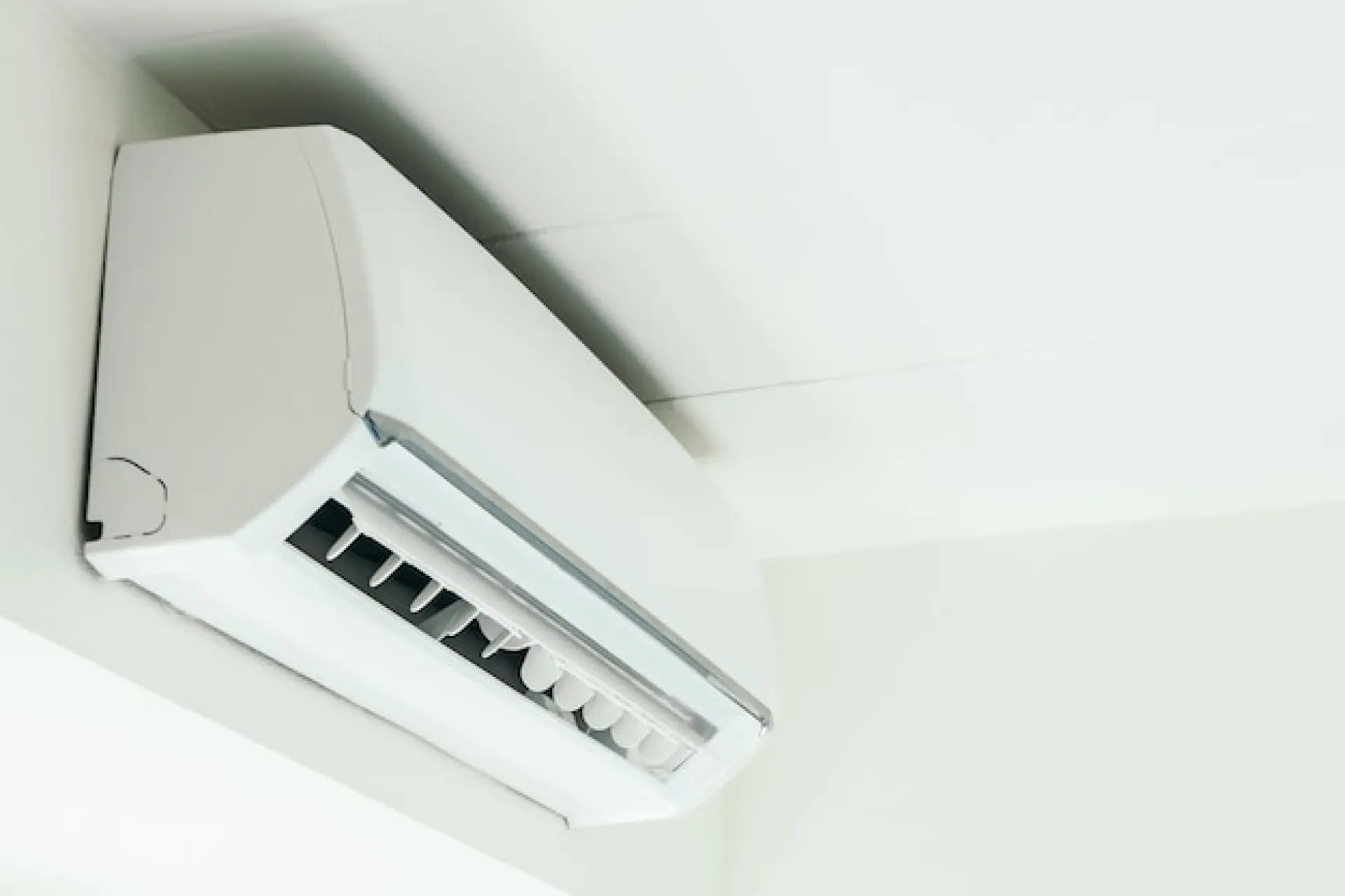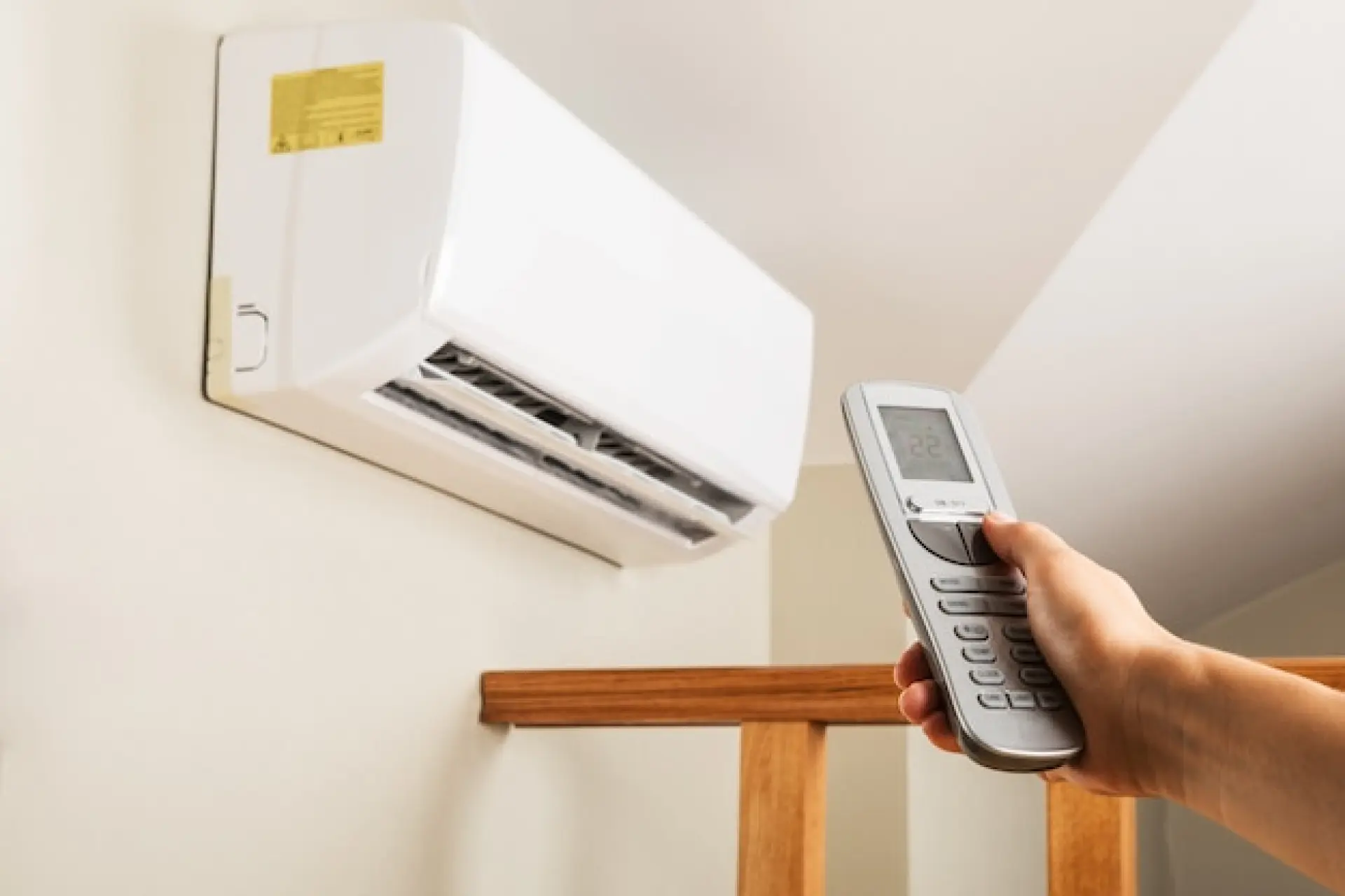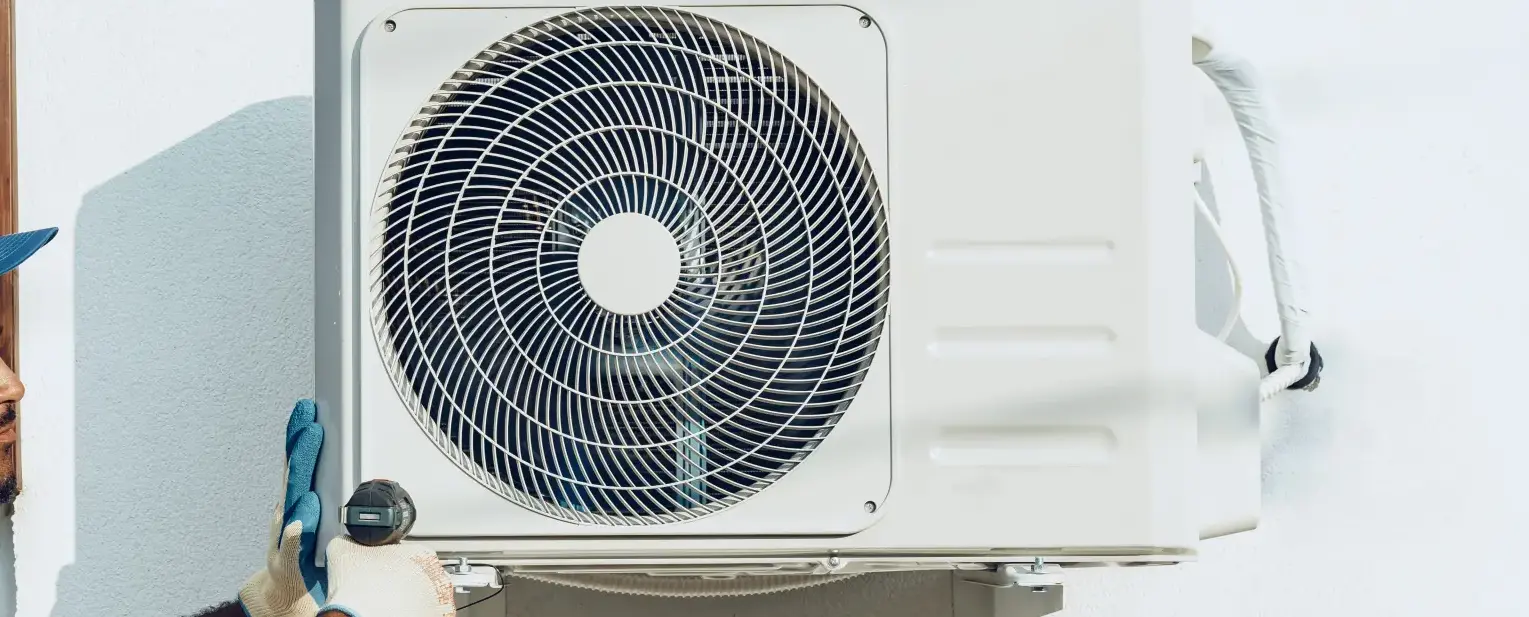Weak or No Cool Air
One of the most common problems homeowners face with air conditioning systems is weak or no cool air coming from the unit. This issue can make the system ineffective, leaving rooms uncomfortably warm even when the air conditioner is switched on.
There are several reasons why an air conditioning system may not blow out enough cool air. Clogged filters are a frequent cause, as dirty filters block airflow and reduce cooling efficiency. Low refrigerant levels are another issue, since refrigerant is essential for cooling the air. If levels are low due to leaks or other problems, the system cannot work properly. Blocked vents or ducts can also help you avoid cool air from circulating around the home. In many more serious cases, a faulty compressor may be to blame. As the heart of the cooling process, if the compressor fails, the system may run but not produce cold air.
Most of these problems can be solved with plenty of maintenance. Replacing or cleaning filters every few months helps airflow remain steady. A local technician can check your refrigerant levels and repair leaks if needed. It is also important to ensure vents are open and free from dust or furniture blocking airflow. If the compressor shows signs of failure, it should be inspected and repaired by a professional. Ignoring weak or no cool air not only limits the amount of comfort you receive but can also put extra strain on the system. This usually leads to much higher energy bills and costly repairs. Addressing the problem early helps the air conditioner run efficiently and extends its lifespan.
Strange Noises Coming from the Unit
If you hear strange noises coming from your air conditioning unit, it is a major sign that something is wrong with it. While most systems produce a low humming sound during normal operation, unusual noises should not be neglected, as they can point to underlying issues that may worsen over time. Different sounds often indicate different problems.
A banging or clanking noise can typically mean that there is a part inside your compressor that has come loose or is broken. A hissing sound may point to a refrigerant leak, which can reduce the system’s cooling ability. Grinding or screeching noises often signal problems with the motor or fan bearings. Clicking sounds that continue after the unit switches on or off might also suggest electrical faults.
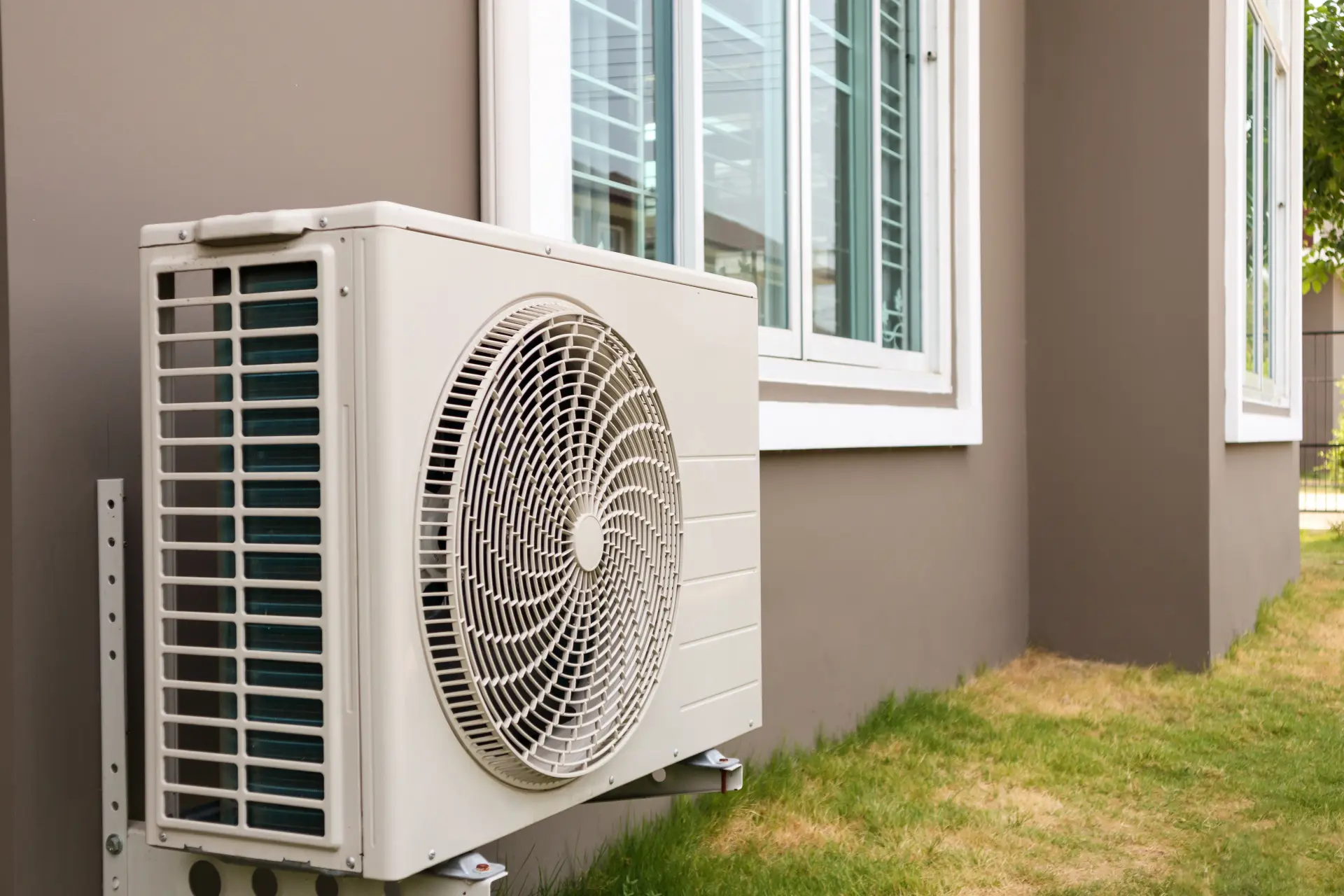
The best way to deal with strange noises is to act quickly. Switching the unit off and arranging for a professional inspection can avoid any further damage. Leaving the system to run while it makes unusual sounds risks bigger problems and more expensive repairs later on.
Paying attention to these warning signs can save both money and stress. A system that is well maintained and repaired at the first sign of trouble will last longer, work more efficiently, and keep the home comfortable.
Water Leaks Around the System
Water leaks around an air conditioning system are another common problem that should never be overlooked. While it might seem like a small issue at first, leaking water can quickly lead to damage to the unit and even the home itself if left untreated. There are a few reasons why water may leak from the system. A blocked or clogged drain line is one of the most frequent causes. When the drain becomes blocked, condensation cannot flow away properly and begins to pool around the unit.
A broken or rusted drain pan can also cause leaks, as it fails to collect and direct the water. In some cases, frozen evaporator coils may melt and create excess water, which then spills over. Low refrigerant levels or poor airflow can also lead to this problem. To prevent water leaks, it is important to keep the system well-maintained. Frequently clearing down the drain line helps stop major blockages, while checking the drain pan for signs of damage allows the water to flow exactly where it should. If frozen coils or refrigerant problems are suspected, a professional should be called to inspect and repair the system.
Bad Smells When the Air Conditioner is On
Bad smells coming from an air conditioner are unpleasant and can make a home feel uncomfortable. When the system is switched on, these odours often spread quickly through the rooms, which makes it quite important to find and fix the cause as soon as possible. There are a number of reasons why an air conditioner might produce bad smells. A musty or damp smell usually points to mould or mildew growing inside the unit or ductwork, often caused by trapped moisture. A burning smell may signal that wiring, insulation, or a motor is overheating. Sometimes, a rotten or foul odour could mean that small animals have become trapped in the system and decomposed.
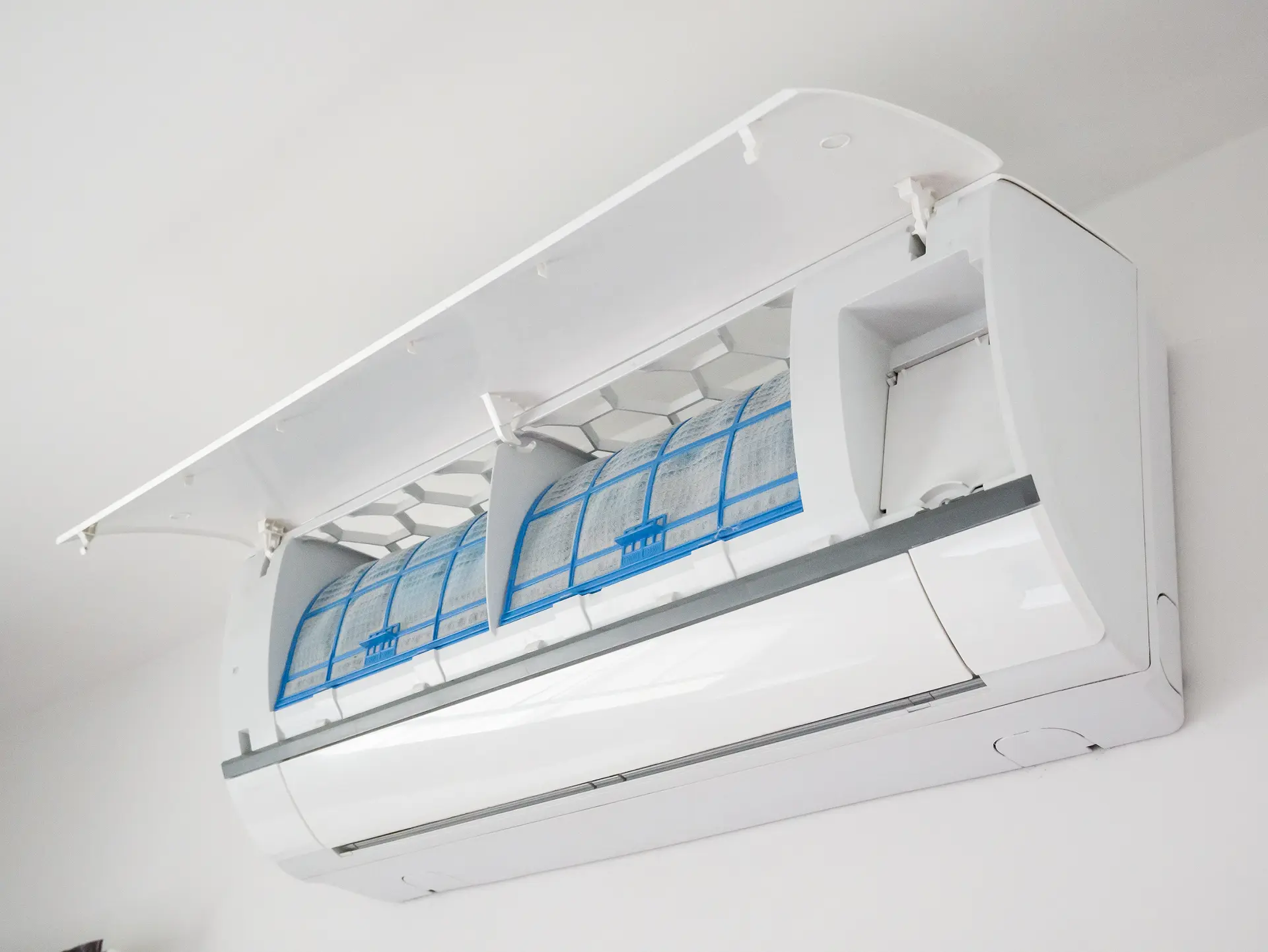
Each type of smell is linked to a specific problem that should be addressed quickly. The solutions depend on the cause of the smell. Cleaning or replacing air filters and having the ducts professionally cleaned can often remove mould and mildew. An engineer should check for electrical faults or overheating parts if a burning smell is present.
If there is a strong rotten smell, the unit may need a thorough inspection to clear out any debris or pests. Ignoring bad smells can create bigger problems over time. Mould can harm the quality of your indoor air and health, while electrical issues can be dangerous if left unresolved. Taking action early not only keeps the air fresh and clean but also helps the air conditioning system run safely and efficiently.
Thermostat Issues
Thermostat issues are another common problem that can sometimes stop your air conditioning system from working properly. The thermostat controls when the unit switches on and off, as well as how much cool air it produces. If it is not working correctly, the system may not cool the home as expected, or it may run longer than necessary. One of the most obvious is when the air conditioner does not respond to the settings. For example, the unit may not switch on even though the thermostat is set to cool, or it may keep running past the desired temperature. Inaccurate temperature readings are another clue, as the thermostat may sense the wrong temperature and cause the system to overwork or underperform.
The causes of thermostat issues can vary. Dead batteries, loose wiring, or poor placement on a wall that receives direct sunlight can all lead to faults. Older thermostats may also simply wear out over time. In more advanced systems, software glitches or connection problems can affect programmable or smart thermostats. Fixing thermostat problems is often straightforward. Replacing batteries, checking the placement, or resetting the device can solve minor issues. For more complex faults, it is best to have a local professional inspect and repair your thermostat. Addressing these problems quickly makes sure your air conditioner runs as it should, keeps energy costs in your property under control, and maintains a comfortable indoor temperature.
We provide professional air conditioning installation services and ensure your buildings stay cool and fresh. We provide reliable, energy-efficient units that are tailored to your needs. We aim to create comfortable, healthy, and productive environments that meet all health and safety standards.
